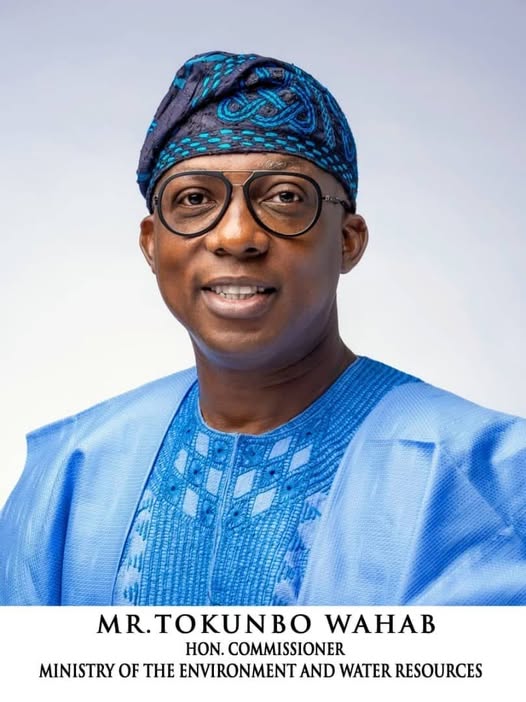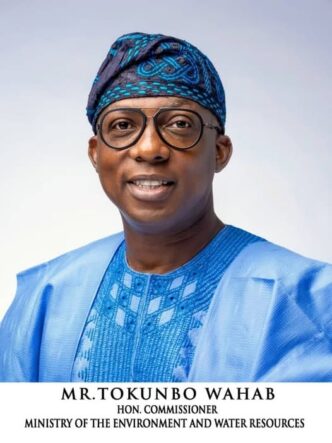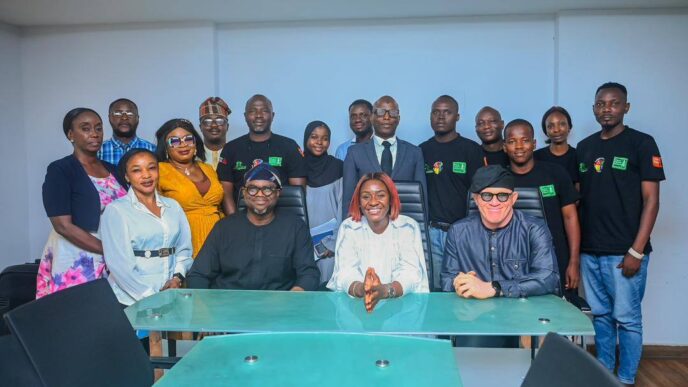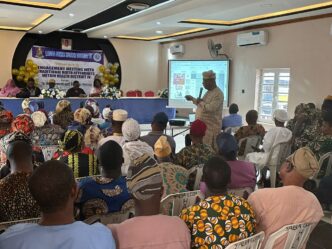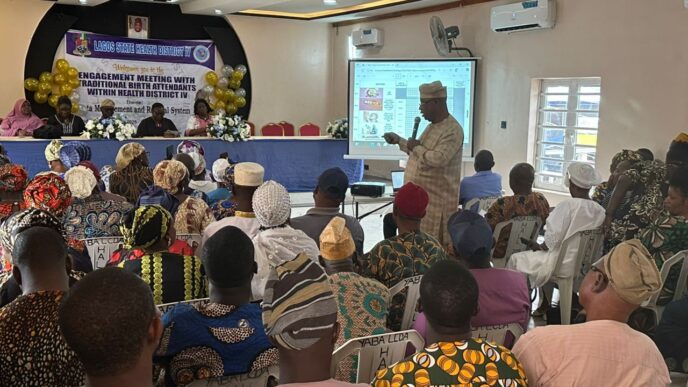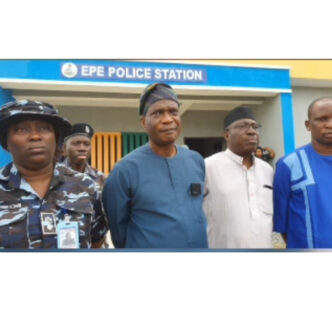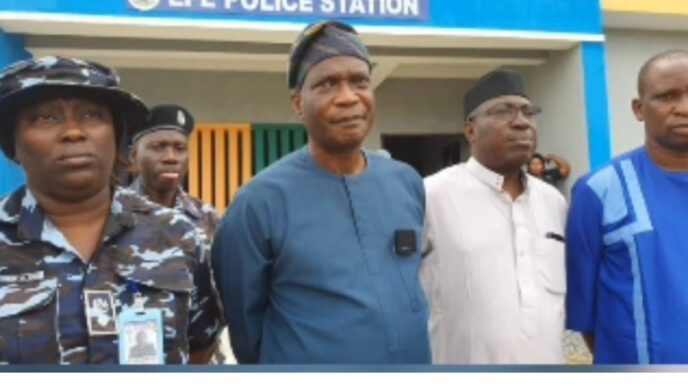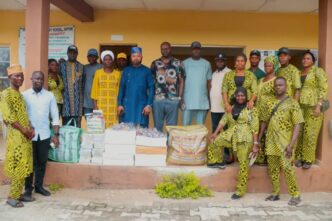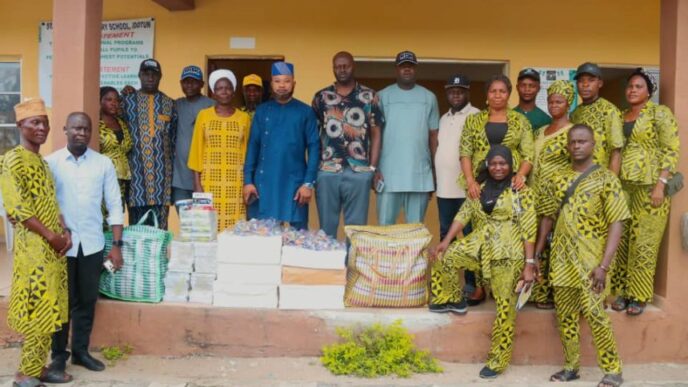The Lagos State Government has called on residents to actively participate in its waste-to-wealth initiative aimed at promoting a circular economy through waste reduction, reuse, and recycling for a cleaner, more sustainable environment.
EpeInsights learnt that Commissioner for the Environment and Water Resources, Mr. Tokunbo Wahab, made the appeal on Tuesday while featuring on Arise Television, emphasizing that the state is determined to build a culture of proper waste management that every resident must adopt.
Wahab disclosed that government officials have been visiting different parts of Lagos every Thursday as part of the Trash for Cash initiative, where residents either receive cash rewards for waste or have their waste collected for recycling.
“Once the government fully scales up the initiative, there will be permanent collection points where residents can exchange their trash for cash,” Wahab explained.
He noted that the government’s goal is to eliminate illegal waste disposal across the state—such as dumping waste on roads, medians, open spaces, and canals—by incentivizing proper waste management and turning waste into a source of income.
According to the Commissioner, Lagos is transitioning from the traditional “pick and drop” linear waste system, which is unsustainable, to a circular model where waste is treated as a resource that can be converted into energy, compost, or recyclable materials.
He said that over the past two years, the state has drawn local and international attention to its efforts to transform waste management and is inviting investors and partners to explore opportunities in the sector.
“You can partner with Lagos to convert waste into compost fertilizer or recycled plastics,” Wahab said. “Companies can also explore waste-to-energy projects or use compostable waste to power machines, just as Lafarge is currently doing.”
Wahab revealed that the state government has signed a concession agreement with Zoom Lion, a waste management company, to convert 4,000 tons of daily waste into compost and recyclables—ensuring that less than five percent of the state’s waste ends up in landfills.
He added that the government has begun decommissioning old landfill sites, including Olusosun (Ikeja) and Soluos 3 (Igando), which have outlived their lifespan, as Lagos moves toward more sustainable waste management practices.
The Commissioner reiterated the government’s ban on cart pushers across the state, explaining that their activities have been replaced by the waste-to-wealth system to ensure efficiency and environmental safety.
He also noted that the ban on Styrofoam and single-use plastics has significantly reduced drainage blockages and flash floods, citing recent data that shows improvement in water flow across the city.
“The reduction in drainage clogging helped the government successfully host the E1 Speed Boat Race recently,” Wahab added.
Commenting on the recent removal of structures obstructing waterways, Wahab said buildings blocking the Ikota River in Lekki and some at Oworoshoki were cleared to support urban regeneration efforts.
Similarly, the shops demolished at the Trade Fair Complex were found to have violated building regulations.
He stressed that environmental and planning laws apply to everyone, referencing the recent case of a woman apprehended for cooking on Admiralty Way.
“The law is no respecter of persons,” he said. “If the lady was genuinely feeding the underprivileged, she still needed to operate within the confines of the law.”
Wahab urged residents to adopt waste separation at home and see waste as an inexhaustible resource rather than mere trash.
“We are building a megacity that is environmentally friendly, sustainable, and resilient,” he said. “Every Lagosian must manage waste responsibly—avoid dumping waste illegally, stop building on canals and wetlands, and help us create a clean, safe, and flood-free Lagos.”
